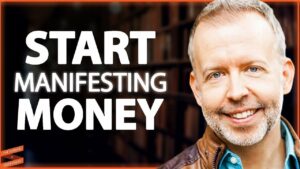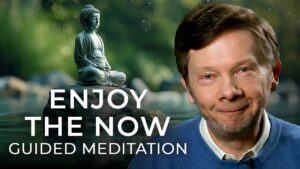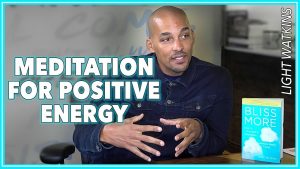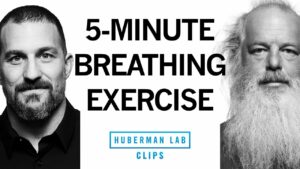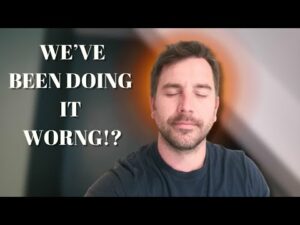Embracing Inner Transformation: Kyle Cease on Letting Go of External Validation
Breaking Free from the Illusion of Perfectionism
In a thought-provoking session, Kyle Cease emphasizes the profound impact of internal research and self-reflection over the pursuit of external validation. His message challenges conventional approaches to personal development, urging individuals to look within for true transformation.
Quick Takeaways: Kyle Cease on Inner Transformation
Internal Research Over External Influences:
Kyle Cease emphasizes the importance of internal research and self-reflection over external sources like seminars and motivational speakers. He argues that true transformation comes from within rather than relying on external validation or advice.
Power of Letting Go:
Cease discusses the concept of letting go of external influences and fears. He uses the metaphor of pole vaulting, where the pole (external aid) is necessary to get started but must be released to soar higher, illustrating the need to trust oneself and release dependencies.
Calling Out Personal Doubts:
The speaker highlights the tendency to call out external “BS” but neglect personal doubts and fears. He points out that true growth involves acknowledging and addressing one’s own internal conflicts and insecurities.
The Illusion of Perfectionism:
Cease warns against the trap of perfectionism, explaining that the pursuit of being “crystal clear” can limit opportunities and prevent individuals from embracing the unknown. He encourages embracing uncertainty and trusting the process.
Service and Authenticity in Public Speaking:
During a segment on public speaking fears, Cease advises focusing on the importance of the message rather than the mechanics of delivery. He stresses that speaking from a place of service and authenticity resonates more effectively with the audience.
In-Depth Insights: Kyle Cease's Guide to Authentic Growth
Internal Research Over External Influences
Cease begins by highlighting the limitations of relying solely on external sources like seminars, motivational speakers, and self-help books. He argues that while these resources can provide initial support, they are insufficient for achieving lasting change. According to Cease, the most significant growth comes from within, through a deep and honest exploration of one’s own thoughts, feelings, and desires. He encourages his audience to prioritize this internal research, as it is the key to unlocking their true potential.
Power of Letting Go
Using the metaphor of pole vaulting, Cease illustrates the importance of letting go of external aids once they have served their purpose. Just as a pole vaulter must release the pole to soar higher, individuals must let go of their dependencies on external validation to achieve greater heights in their personal growth. Cease stresses that this process can be intimidating but is ultimately liberating, as it leads to a deeper sense of freedom and self-trust.
Calling Out Personal Doubts
Cease addresses the common tendency to criticize external “BS” while ignoring personal doubts and fears. He believes that true empowerment comes from recognizing and challenging these internal barriers. By calling out and confronting their own insecurities, individuals can break free from self-imposed limitations and move towards a more authentic and fulfilling life.
The Illusion of Perfectionism
Perfectionism, according to Cease, is a deceptive and limiting mindset. He explains that the desire to be “crystal clear” can prevent people from embracing new opportunities and experiences. Instead of striving for unattainable perfection, Cease encourages his audience to accept and even fall in love with uncertainty. This shift in perspective allows for greater flexibility and openness to the possibilities that life presents.
Service and Authenticity in Public Speaking
Addressing the fear of public speaking, Cease offers a transformative approach. He advises focusing on the importance of the message rather than the mechanics of delivery. By speaking from a place of service and authenticity, individuals can connect more deeply with their audience. Cease’s approach transforms public speaking from a daunting task into an opportunity to share and serve, leading to a more impactful and genuine connection with others.
In conclusion, Kyle Cease’s insights provide a refreshing perspective on personal development. By emphasizing internal research, letting go of external dependencies, confronting personal doubts, rejecting perfectionism, and embracing authenticity, Cease offers a roadmap to true transformation and freedom. His message is a powerful reminder that the answers we seek are often found within ourselves.

